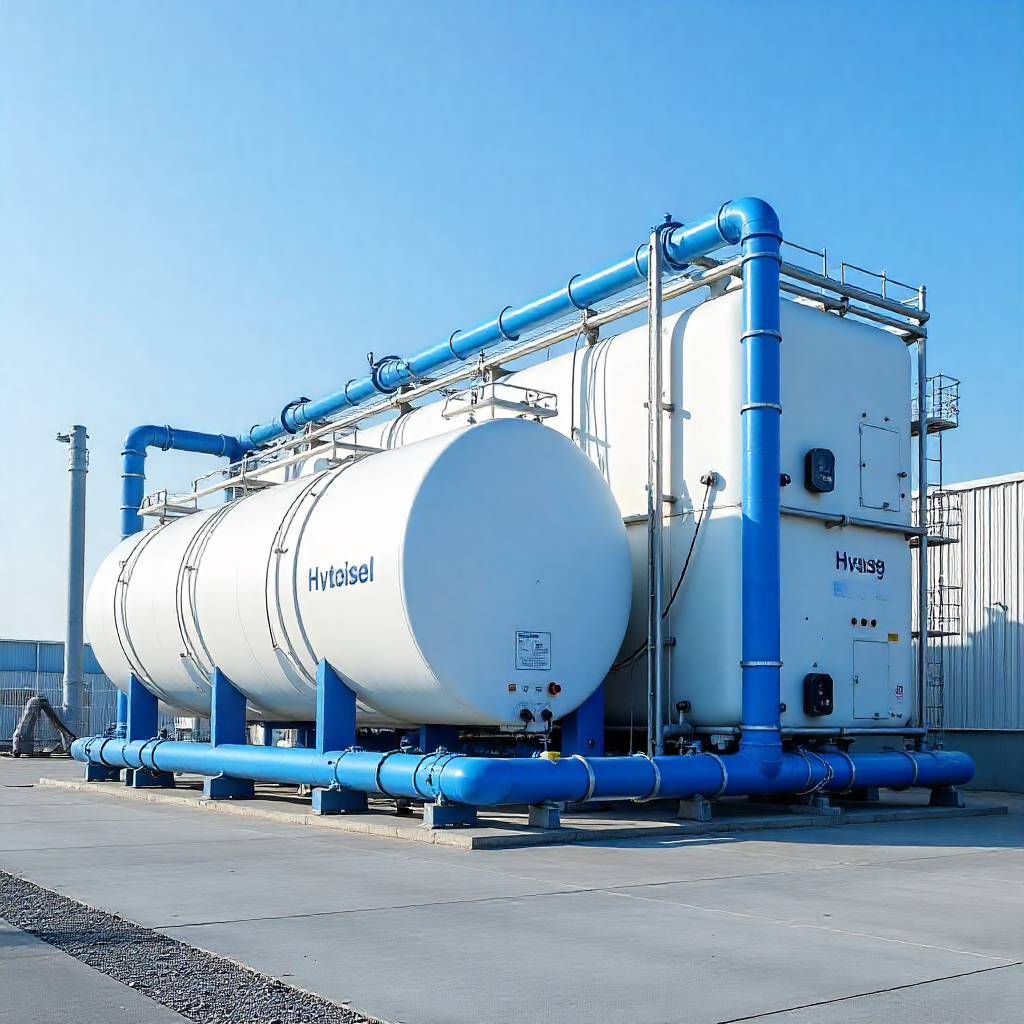B9 Beverages, the company behind the popular Bira 91 beer, is gearing up for its stock market debut in 2026. However, a seemingly simple transition from B9 Beverages Private Ltd to B9 Beverages Ltd turned into a costly affair. The name change necessitated re-registering product labels, which disrupted sales for several months. This unexpected hurdle resulted in an inventory write-off of Rs 80 crore, significantly increasing the company's financial burden.
1. Surging Losses and Shrinking Revenue
The impact of these operational delays was severe. B9 Beverages reported a staggering Rs 748 crore loss for the fiscal year ending March 2024, marking a 68% rise in losses compared to the previous year. What made matters worse was that its total sales stood at Rs 638 crore, a 22% decline from FY23, meaning the company’s losses surpassed its overall revenue.
2. Market Challenges and Stiff Competition
In addition to internal setbacks, the company faced increasing competition from local microbreweries, craft beer brands, and premium international brewers. This intensifying market pressure further strained B9 Beverages, making it even harder to recover from its financial downturn.
3. Founder’s Take on the Sales Disruption
B9 Beverages’ founder, Ankur Jain, shed light on how the name change directly impacted business operations. "We faced a 4-6 month delay in sales due to the need to re-register labels and secure approvals across different states. Although demand for our beer remained high, we couldn’t supply it for months," Jain explained. He also mentioned that additional policy shifts and changes in distribution routes in Delhi NCR and Andhra Pradesh—key markets contributing to over a third of the company’s sales—exacerbated the situation.
4. Declining Sales Volume
The company also suffered a sharp decline in sales volume, dropping from nine million cases in FY23 to just 6-7 million cases in FY24. This decline reflected the impact of both external market factors and internal restructuring challenges.
As B9 Beverages moves closer to its IPO, it will need to navigate these financial setbacks while regaining its foothold in the competitive beer industry.




